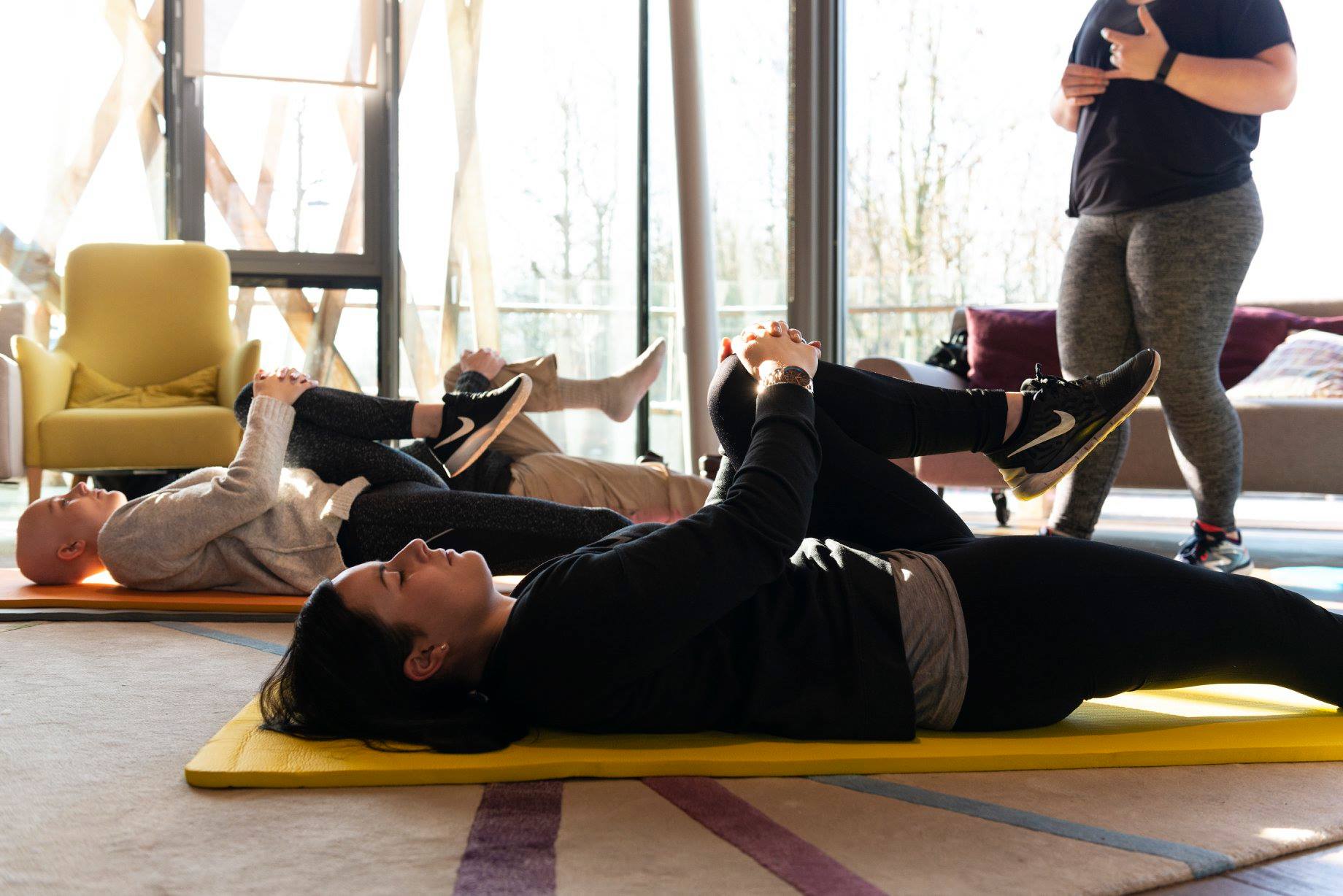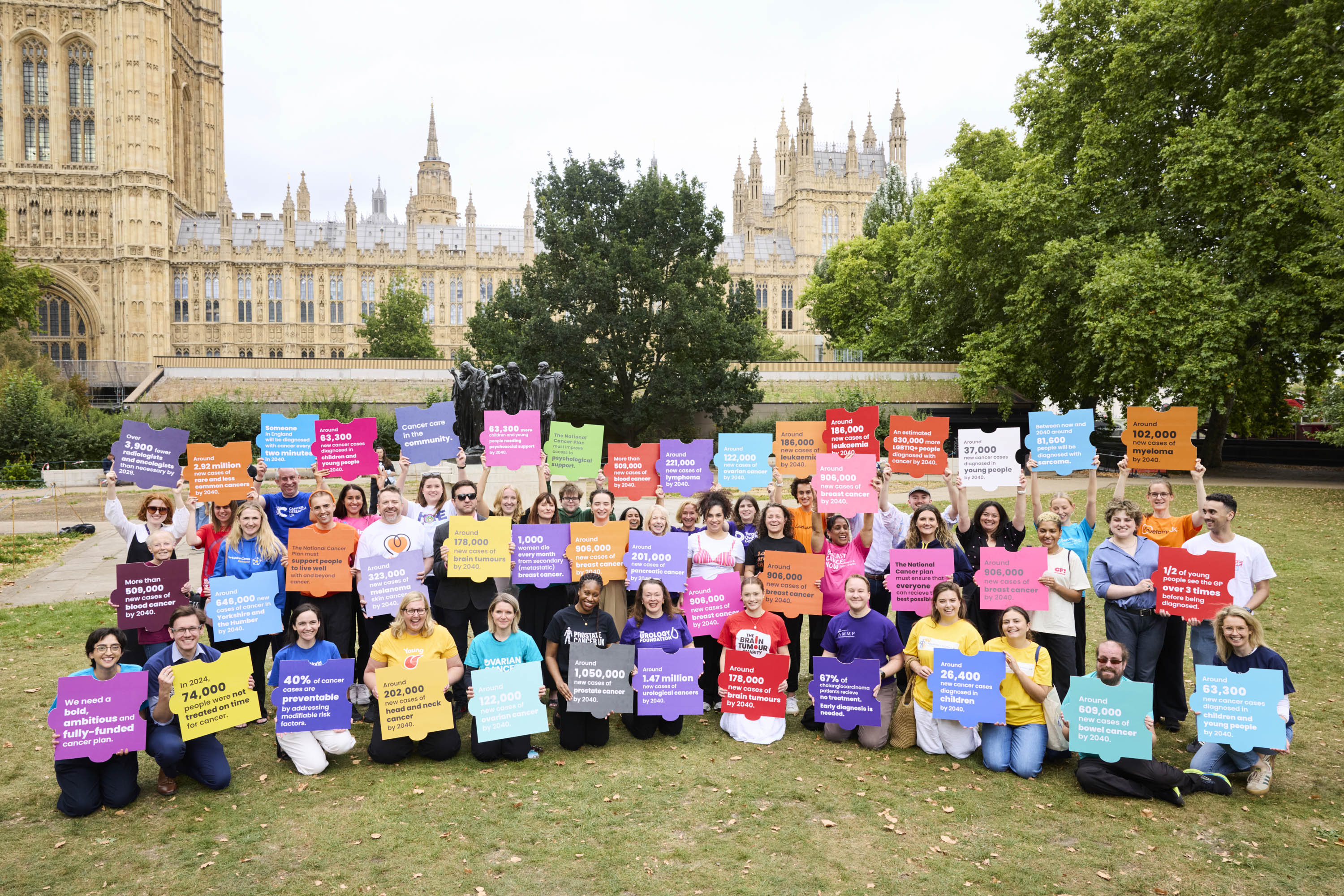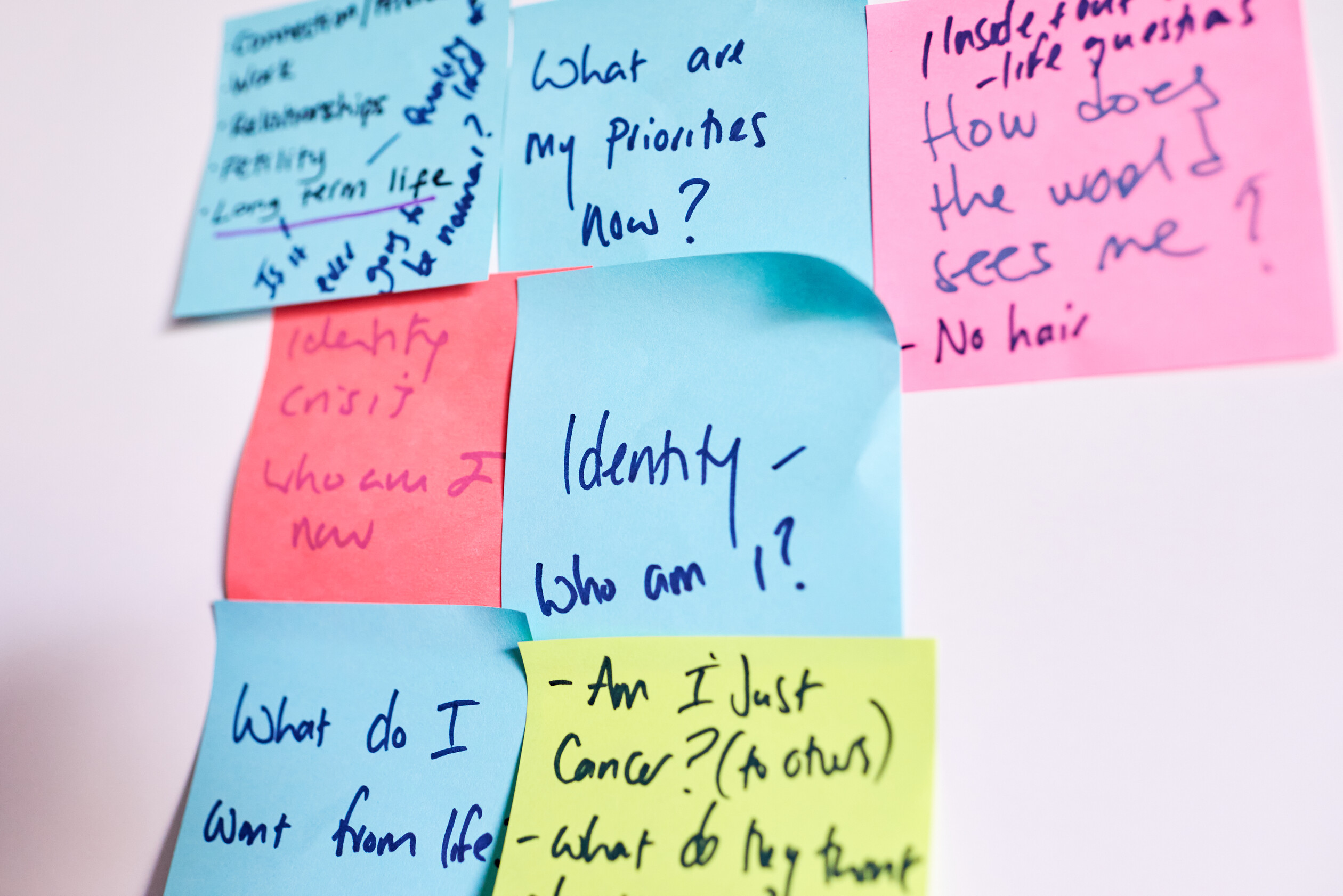Ambassador Article 2
Ethnic Minority Cancer Awareness Month exists to raise awareness of the cancer health inequalities faced by Black, Asian, and other minoritised ethnic communities and explore the disparities they face.

There are many factors that affect our chances of developing cancer. Our family history and our lifestyles (such as whether we smoke or keep a healthy weight) play a part. For some cancers, our ethnicity can also mean that we have a higher or lower risk than other ethnic groups. Additionally, cancer awareness can be lower among Black and Minority Ethnic (BME) groups than the rest of the population. This can lead to people from these communities delaying going to their GP to seek help - or not even visiting at all. Ethnic Minority Cancer Awareness Month exists to raise awareness of the cancer health inequalities faced by Black, Asian, and other minoritised ethnic communities and explore the disparities they face.

In the UK, there are approximately 385,000 new cancer diagnoses every year. Every day in the UK, 38 people in their 20s or 30s are diagnosed. But we know that ethnic minority communities, specifically Asian and Black ethnic groups, often experience poorer outcomes for some cancers. They’re often diagnosed later and are less likely to report positive care experiences compared to their White counterparts.
Why Ethnic Minority Cancer Awareness Month?
The prevalence of certain types of cancer is higher in some groups, while awareness of signs and symptoms may be lower. Black men are three times more likely to develop prostate cancer than white men, yet South Asian men have a lower risk of developing this cancer. For mouth cancer on the other hand, we see higher rates in South Asian populations. When awareness is lower, visits to GPs may be delayed, or may not even happen at all.
All these things combine to affect our chances of survival if we do develop cancer. With some cancers, such as bowel and cervical cancer, earlier diagnosis can lead to better survival rates.
What are health inequities?
And this largely comes down to inequities. But what is ‘inequity’? The dictionary definition is ‘lack of fairness or justice’. Inequities can be social, cultural, physical, or systemic and basically mean you are additionally disadvantaged.
At Trekstock, we're determined to dismantle the barriers faced by young people with cancer. We want to ensure that everyone has access to information about cancer and screening regardless of ethnicity or background.
What this means for Trekstock

When our much missed friend Saima Thompson challenged us to do better when it came to the inequities faced by some people with cancer, we don't think she could have envisaged the conversations she was going to start. TBH, neither did we. But following on from conversations with Saima, we became part of Cancer 52, who aim to tackle inequities around rare and less common cancers. We examined our approaches to support for young people with cancer and made a conscious effort to diversify them.
In 2021, we brought experts together to talk about institutional inequalities when it came to data collection, analysis and how cancer care is built around a white, cisgender, able-bodied centric narrative, and is not accessible or catering to everyone. In 2022, we will be launching our manifesto on cancer inequality for charities to strive to work towards together and a toolkit to help every organisation to do better.
Plans beyond July
Everyone diagnosed cancer must get the best possible diagnosis, treatment and care, no matter who they are, where they live, or what type of cancer they're diagnosed with. More research is needed into the inequalities that exist for rare and less common cancers. We need better data and more transparency to tackle the problems faced by communities like ours.
We'll keep doing everything we can to make sure everyone who's diagnosed with cancer can access the best care possible, for the best outcomes possible. And we’ll be striving towards this beyond July.
If you wany to know more about cancer among ethnic minority communities, visit Cancer Equality for their tailored information on common kinds of cancer, screening programmes available and how to reduce your risk.
Watch the full discussion on cancer inequality with Toral Shah, Dr Adrienne Milner, Dr Georgette Oni, Professor Kunonga, Stewart O'Callaghan, Charlene Young and Brad Gudger here:




.jpg)

.jpg)
.jpg)







.avif)






.avif)
.avif)
.avif)
.avif)
%20(1).avif)
.avif)